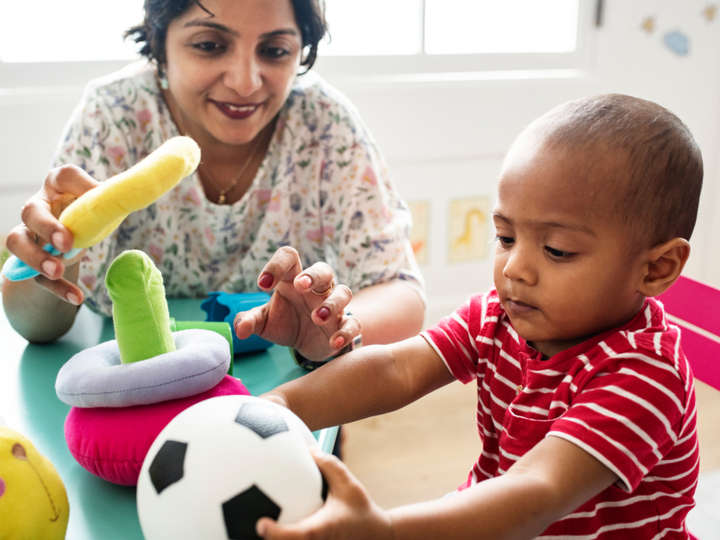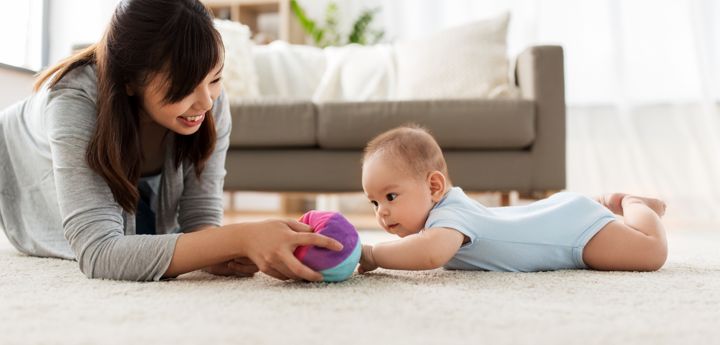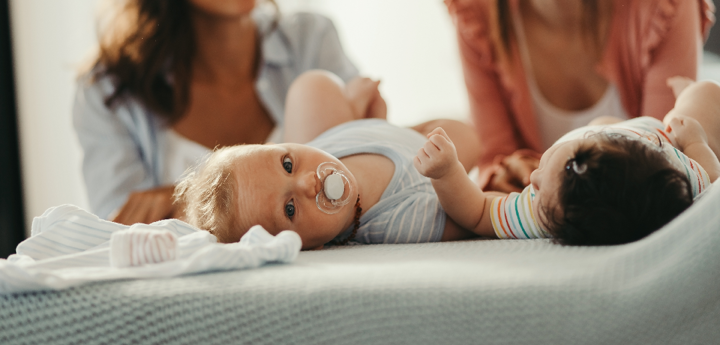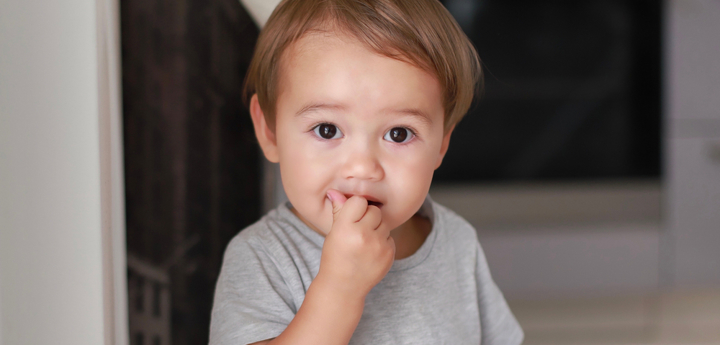2 year developmental milestones
- 1-5 Years
- Child development and growing up

There are some key physical and communication milestones you will expect your 2 years old to reach. These milestones should be treated as a rough guide, as each child is unique and will develop at their own pace. It is often unhelpful to compare a child to other children or their siblings.
Explore the topics on this page:
Last reviewed: 1 November, 2024





